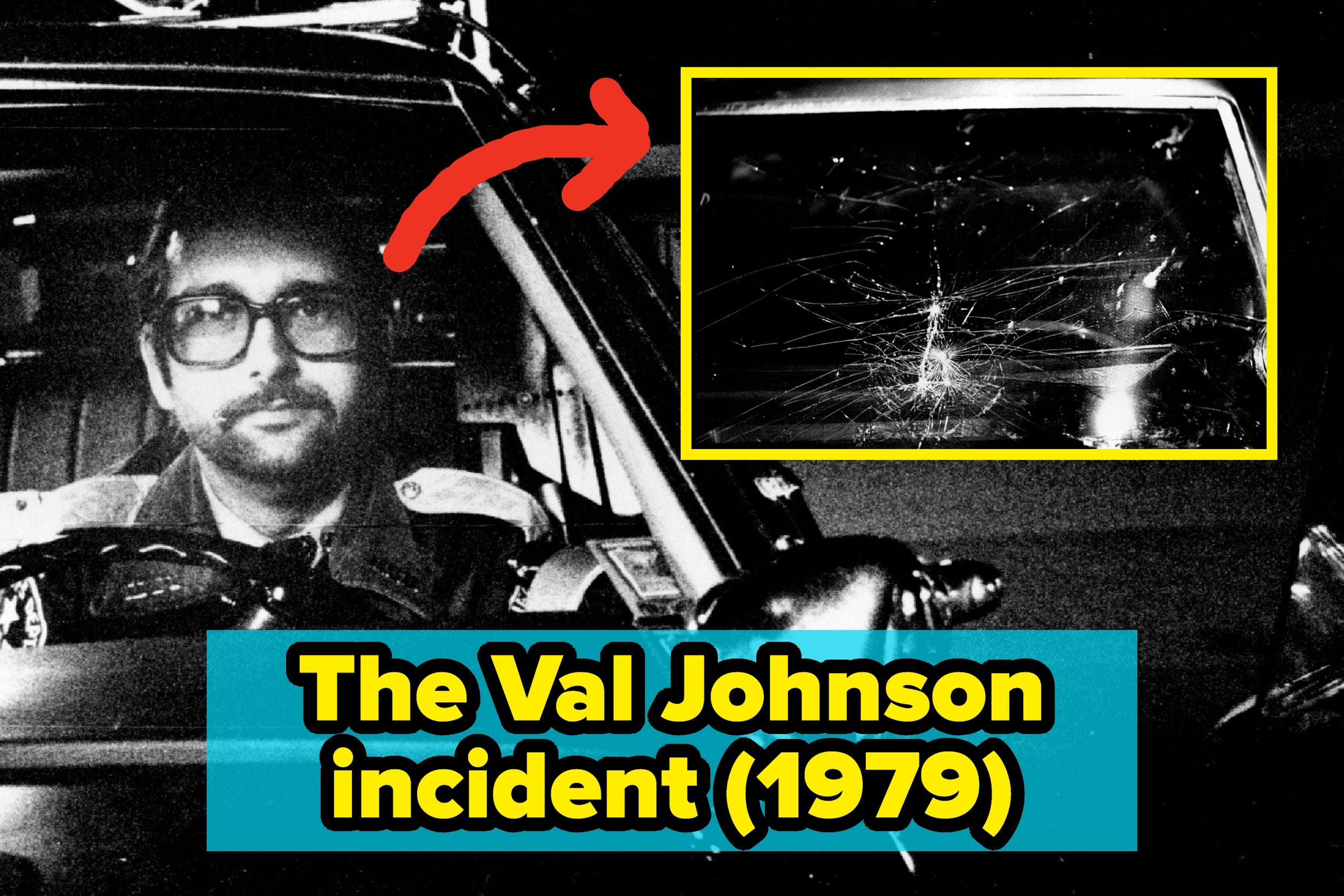 Pondering our challenge and President Obama's decision in Afghanistan, a blogger is blessed to have a world-class expert as conversation partner. I wrote:
Pondering our challenge and President Obama's decision in Afghanistan, a blogger is blessed to have a world-class expert as conversation partner. I wrote:What has changed about our ability to discern terrorist preparations from afar other than (one assumes) our pre-Sept. 11 tentativeness about acting on what we learn?He replied:
[H]ere's my response to the gravanem of your question: It's about the safe-haven. You like what we're getting out of the tribal areas? Multiply that by twenty-fold.Your speculative counter-factual is worth pondering, but there won't be a satisfactory answer. You could answer, "yes, if Clinton had acted," we might have prevented 9/11. Not, however, that there is anything we could have done that would have comprehensively eliminated all real and nascent terror camps in Afghanistan. But a focused and devastating strike against Al-Qa'ida may have resulted in preventing their strategic target shift from the "near enemy" (Saudi, Egypt, Jordan) to the choice they were concocting, the "far enemy" (the U.S., the perceived backer of the "near enemy"). Certainly a sustained campaign against Al-Qa'ida could have had a deterrent effect. This is Clinton's most spectacular foreign policy failure.
However, I recommend you read, sometime, Omar Nasiri's Inside the Jihad, a breathtaking (and well-written) account of that cat's experiences in the late 1990s terror camps of Afghanistan, before AQ took organizational control. If you are sympathetic to the notion that AQ has morphed into a franchise-holder, more than a tightly-controlled global organization (along the lines of Marc Sageman's Leaderless Jihad analysis -- nb: truth in argument, Sagemen supports the small-footprint model), than you have to recognize that chasing AQ will not be the only game in town, and the most undermining factor for our ongoing CT fight is safe-haven.
If we could get the Taliban, AQ and the other terrorist groups to sign a credible agreement that they will no longer go after us (Taliban would likely sign), then we could abandon Afghanistan, despite the moral hazard (which, as is pretty clear by now, I find repellent). But, lacking that, ignoring the safe-haven problem is, in many ways, similar to Clinton's greatest failure. Except now we have less of an excuse.


.jpeg)





No comments:
Post a Comment